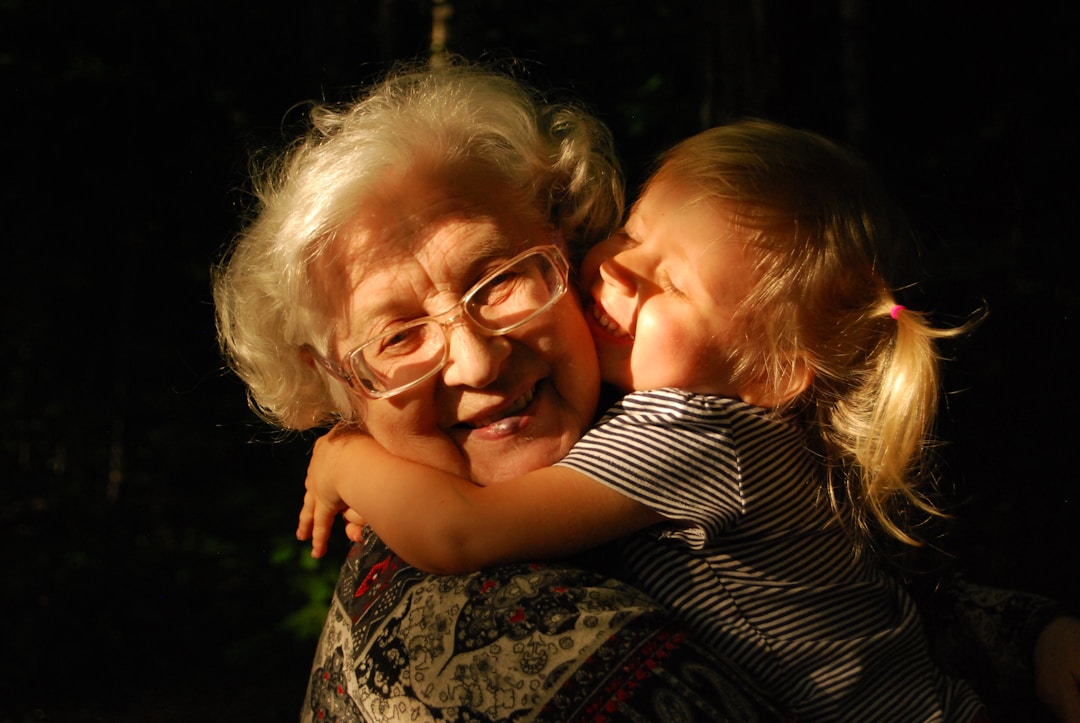Some facts
Some arguments
Owning a home is increasingly hard for the young
In 1989, 51% of 25-34 year olds owned their own home; by 2016 this figure had halved. Rates among single people and poorer people are even lower. Most young people are a long way from being able to afford to buy a home; just 4% of young non-owners have the savings and earnings needed to buy a typical first-time buyer home in their area. This makes young people increasingly reliant on support from parents or other sources in order to put down a deposit, exacerbating long-term economic and social inequalities.

Wealth inequality across generations is becoming more acute
Wealth is not the same is income. Even young people on high incomes who come from poor backgrounds often can’t afford to buy a house. Young people across the world feel increasingly insecure about their future. The share of household wealth owned by millennials remains low by historic standards. The best way to become wealthy is to be wealthy already (discussion).

Inheritances are increasing inequality
Younger generations are likely to find that inheritances are larger as a share of lifetime incomes than previous generations (so that working hard and getting paid well are less likely to make up for not getting an inheritance). And inheritances will be much larger for people with higher incomes than for those with lower incomes (even if, as a percentage of lifetime incomes, they will be similar for people on low and high incomes). Inheritances will increase inequality between people with richer and poorer parents, which will reduce social mobility. Although many people only receive an inheritance later in life, the expectation of receiving it can affect life outcomes much earlier (for example because people might choose to save less). Policies to redistribute inheritances would have huge impacts on inequality and social mobility for future generations.
Economic insecurity is different from poverty
A narrow focus on poverty, income, wealth or class overlooks the critical importance of economic security, which is a key dividing line in British politics. Many young graduates may have low incomes, but most of them have high future earnings potential. Many pensioners might have low incomes, but most are economically secure because they rode the mid-century wave of high employment and the housing boom, even if they did not have a degree. The most economically insecure (and therefore left behind) group in Britain are younger non-graduates (women under 50 and men under 40), especially those who are out of work or in part-time work. Women and ethnic minorities are more economically insecure than white and male Britons.

There is a strong intergenerational fairness dimension to net zero policy
How much value do we place on the wellbeing of future generations? If we think it is equal to our own, why do we discount the value of some future unit of wellbeing, purely because it will take place in the future? If we did not apply a misleading ‘discount rate’ to future costs, we would spend much more now on climate mitigation (and adaptation) to avert future costs, and to protect the wellbeing of future generations.















